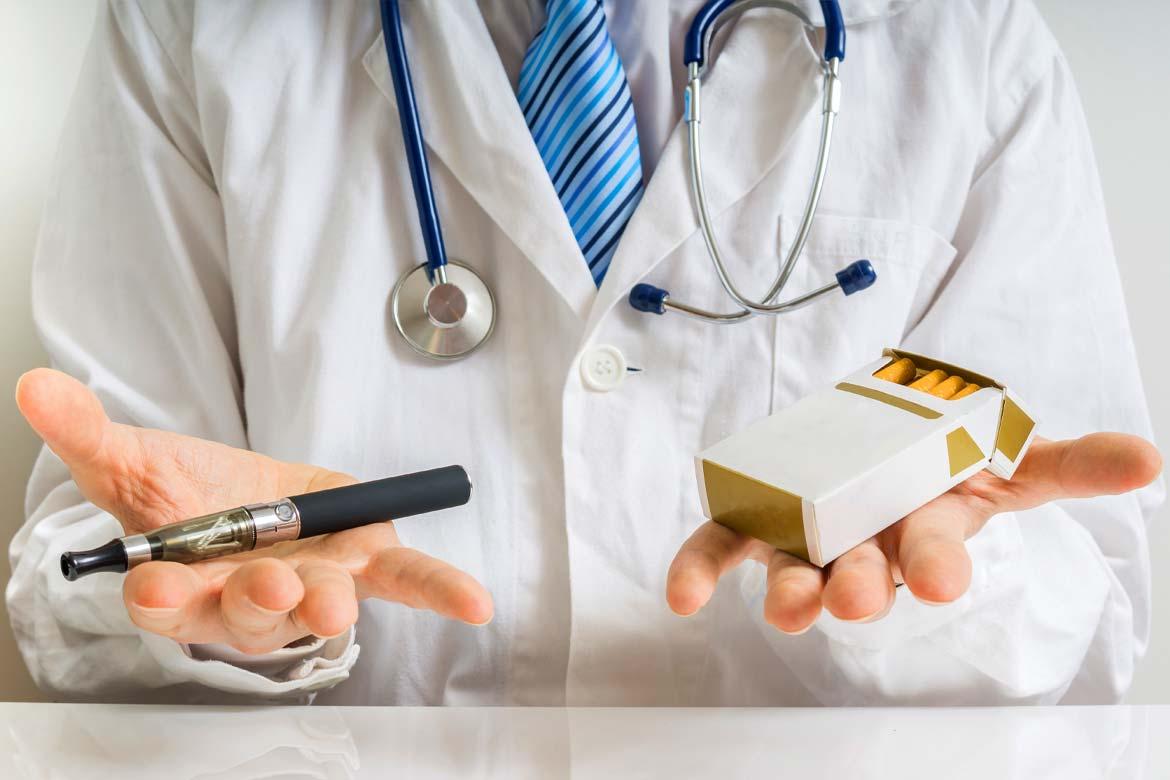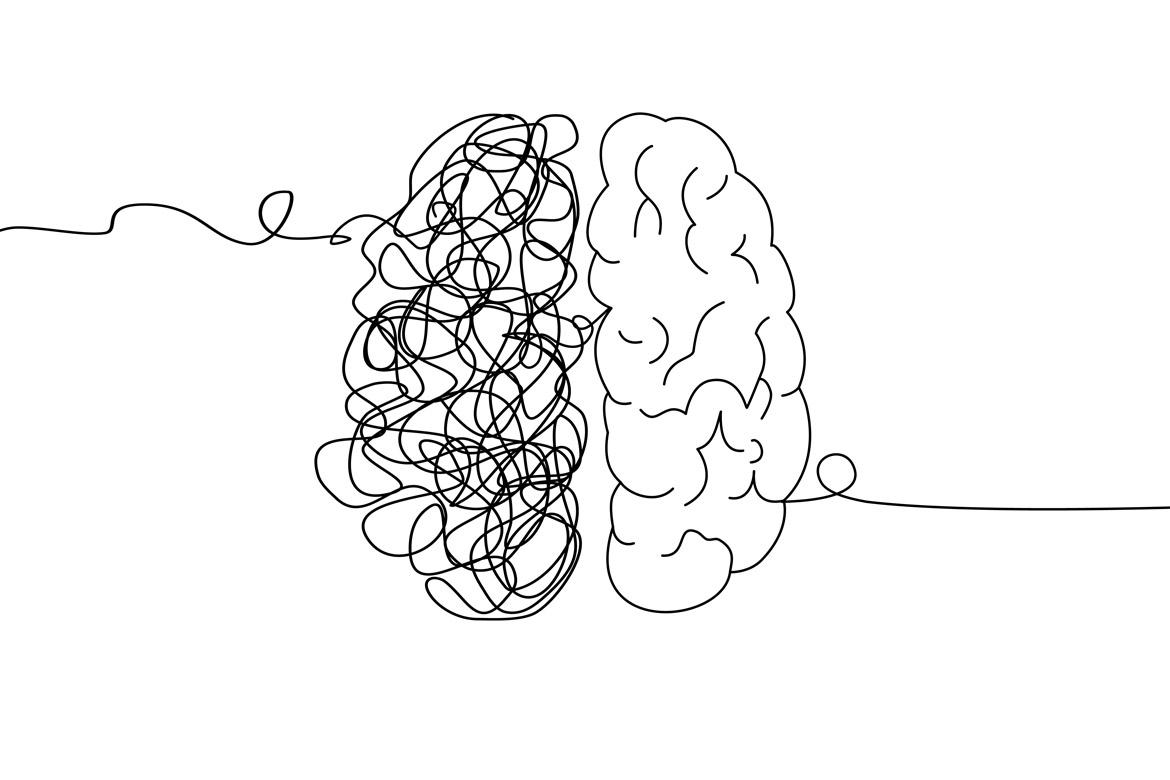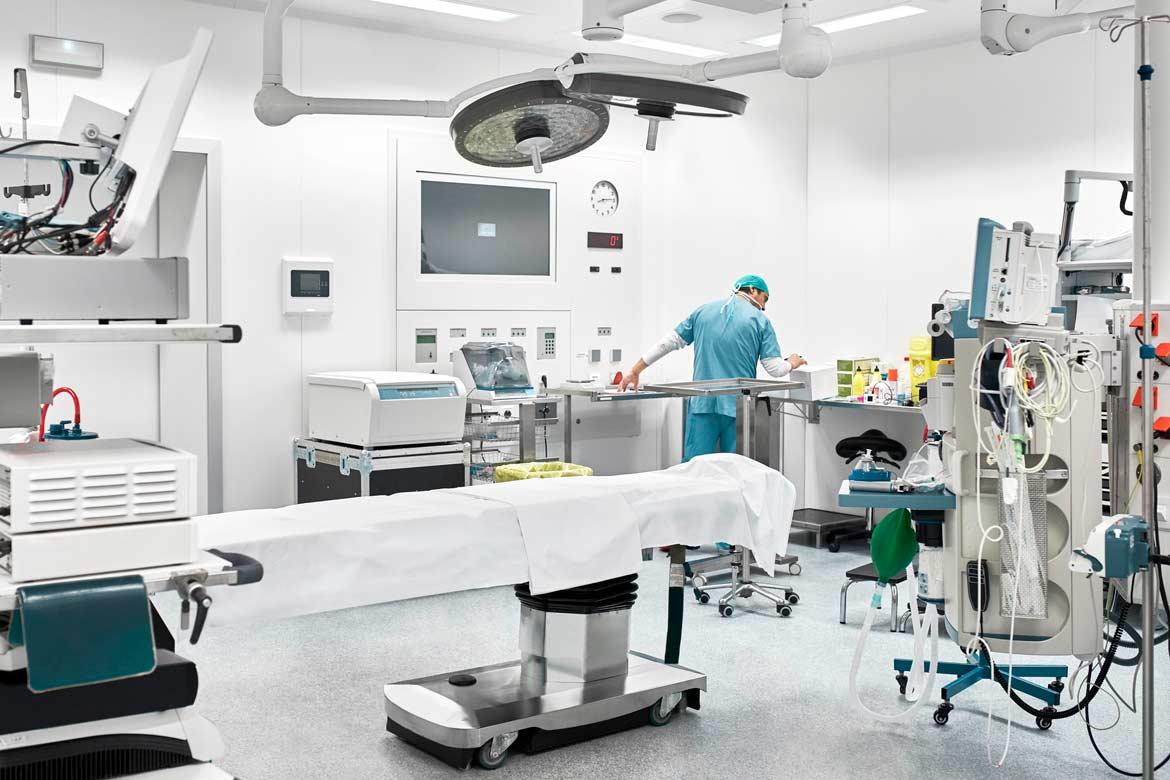-
-
Featured Care Areas

Chemotherapy
What is chemotherapy?
Together with surgery and radiotherapy, chemotherapy is one of the 3 main ways in which cancer is treated. Often known simply as ‘chemo’, they are medicines used to destroy or stop the growth of cancer cells.
Types of chemotherapy
There are various ways in which chemotherapy can be given.
Purpose of chemotherapy:
- Curative chemotherapy in the treatment of chemo-sensitive, curable cancers such as lymphoma, germ cell tumours and leukemia
- Palliative chemotherapy for advanced cancers aimed at killing the cancer cells, controlling disease, preserving quality of life and prolonging overall survival
- High-dose chemotherapy and stem cell rescue
Timing of chemotherapy:
- Upfront or induction chemotherapy to shrink the tumour size before definitive local treatment with either surgery or radiotherapy
- Concurrent chemo-radiation where the drugs are used together with radiation to improve the effectiveness of radiotherapy
- Adjuvant chemotherapy (therapy after the initial treatment of cancer to prevent recurrence of the tumour) where the drugs are given after surgery or radiotherapy to treat micro-metastases (tumours) which cannot be seen, so that patients will have a higher chance of cure
Your doctor may recommend the strategic use of chemotherapy treatment to kill cancer cells or a combination of one or more other treatments, depending on how far the cancer has spread.
Why do you need chemotherapy?
The goal of chemotherapy is to cure your cancer and prolong your life span. If a cure is not possible, chemotherapy may help to shrink the cancer or slow its growth. This is to allow you to live symptom-free for as long as possible.
Chemotherapy can:
- Eliminate any remaining cancer cells in the body after surgery and radiotherapy
- Reduce the risk of cancer relapse to a different part of your body
- Kill the cancer cells and slow down its growth
An ideal treatment option will be selected based on the type of cancer, its location, stage of the cancer and other patient factors.
What are the risks and complications of chemotherapy?
Chemotherapy is often maligned due to its range of possible side effects, which may affect a patient’s quality of life. Nowadays, the newer chemotherapy agents, as well as supportive medicines used, are very effective in reducing side effects for the patient.
Common side effects of chemotherapy include:
- Loss of appetite
- Nausea
- Mouth ulcers
- Fatigue
- Hair loss
- Diarrhoea
- Nerve damage
With advances in cancer treatment, newer chemotherapies are more effective and offer improved overall results with fewer side effects.
Why choose Parkway East Hospital
At Parkway East Hospital, our team of medical oncologists and nursing professionals is here to help with the diagnosis and treatment of cancer. Conveniently located in the east of Singapore, we provide holistic, customised treatment in a caring environment to help each patient on your road to recovery.
Estimated cost
Private healthcare can be affordable. Use our Hospital Bill Estimator to determine the estimated cost of this procedure. If you have hospital insurance, find out how you can use your insurance.
Find doctors from our allied hospitals
We offer a full spectrum of healthcare services under IHH Healthcare Singapore.
Check if your preferred hospital offers this treatment:
This page has been reviewed by our medical content reviewers.
Need help?
For enquiries, please call
+65 6377 3737
For appointment bookings, please WhatsApp
+65 8111 3777







